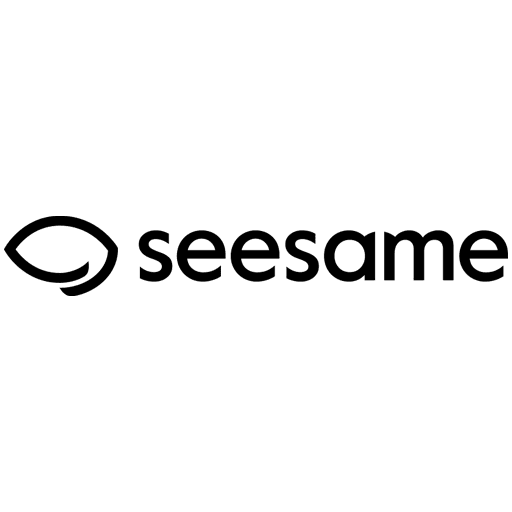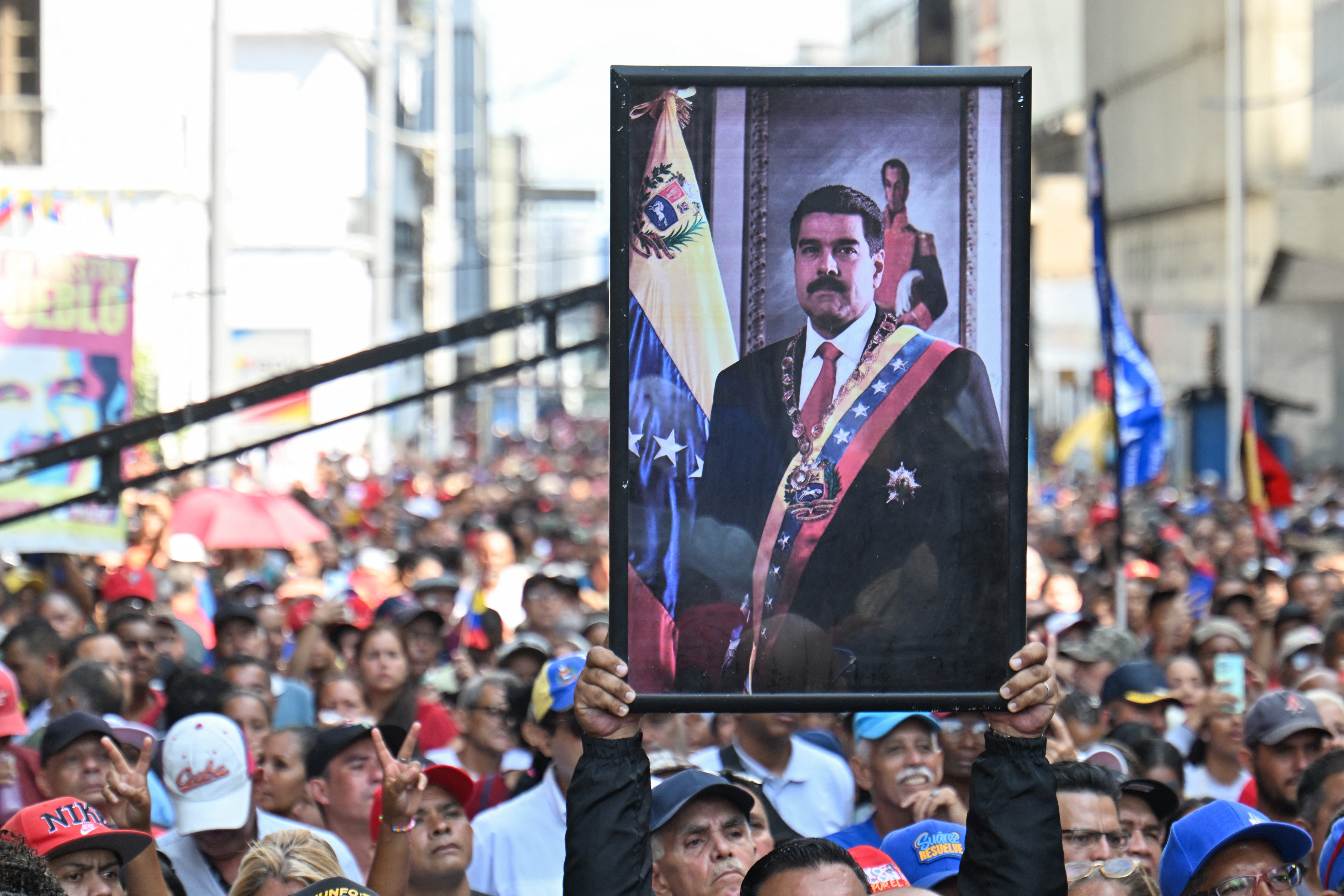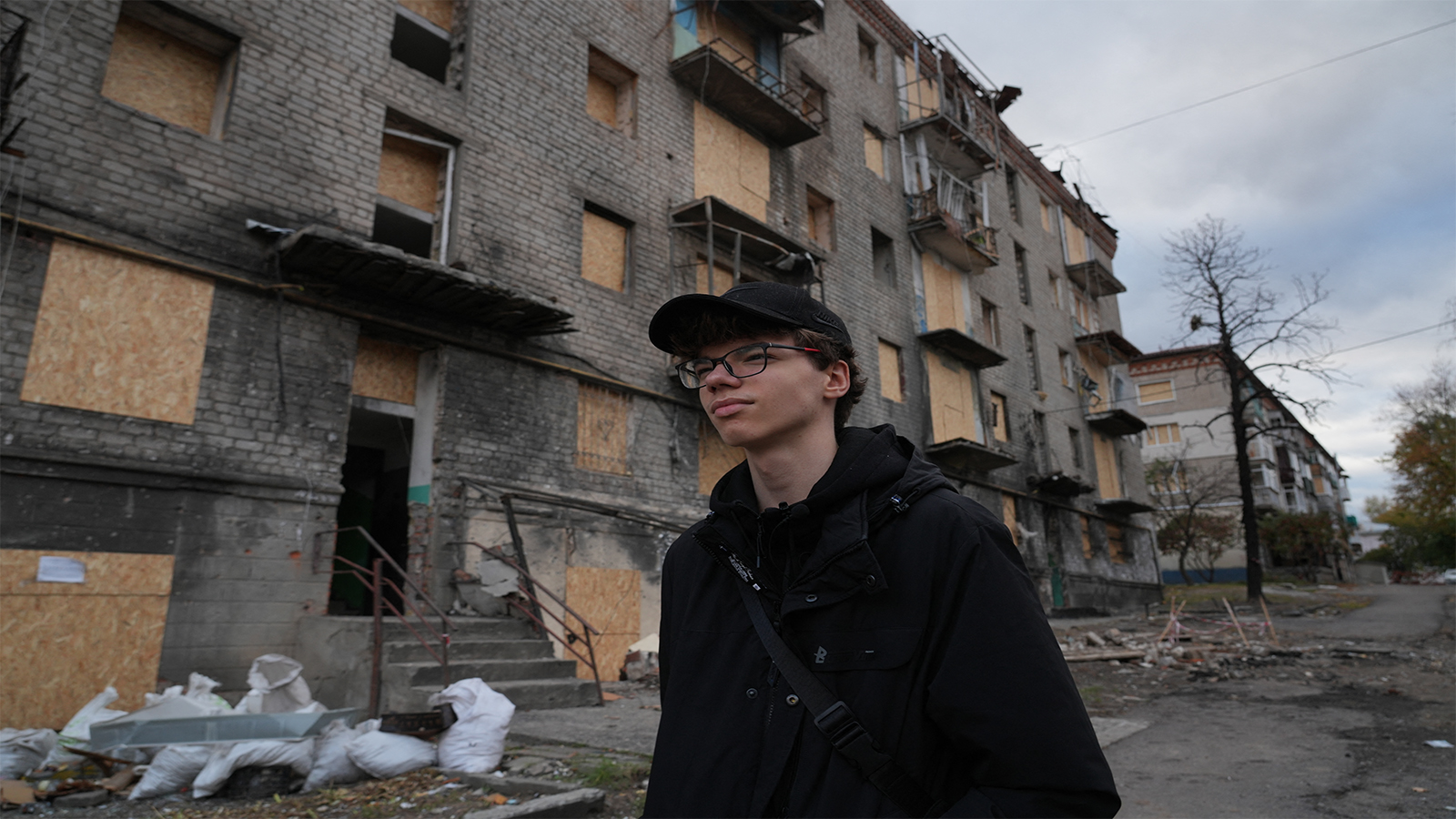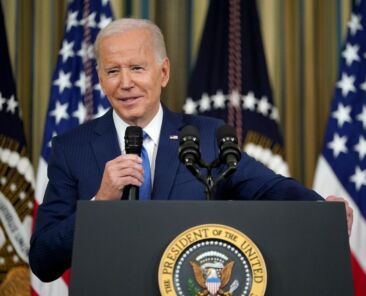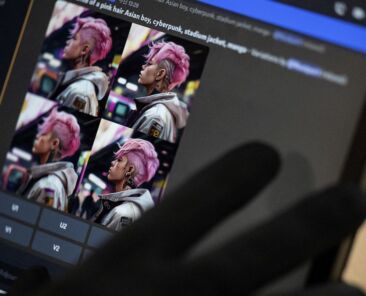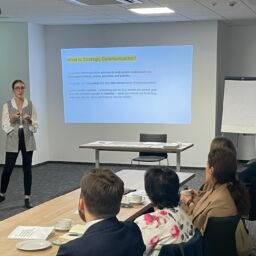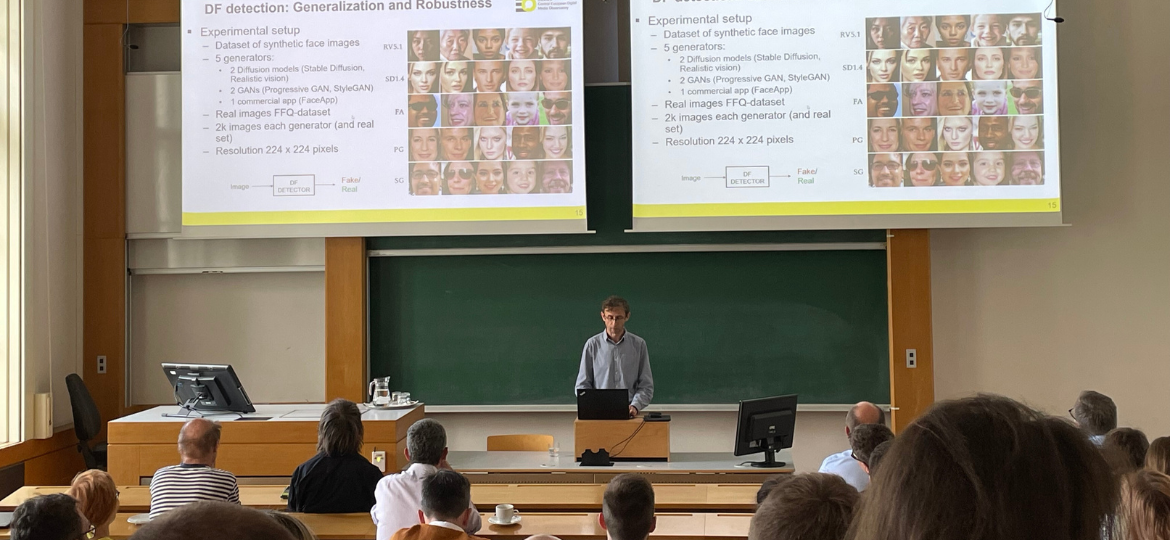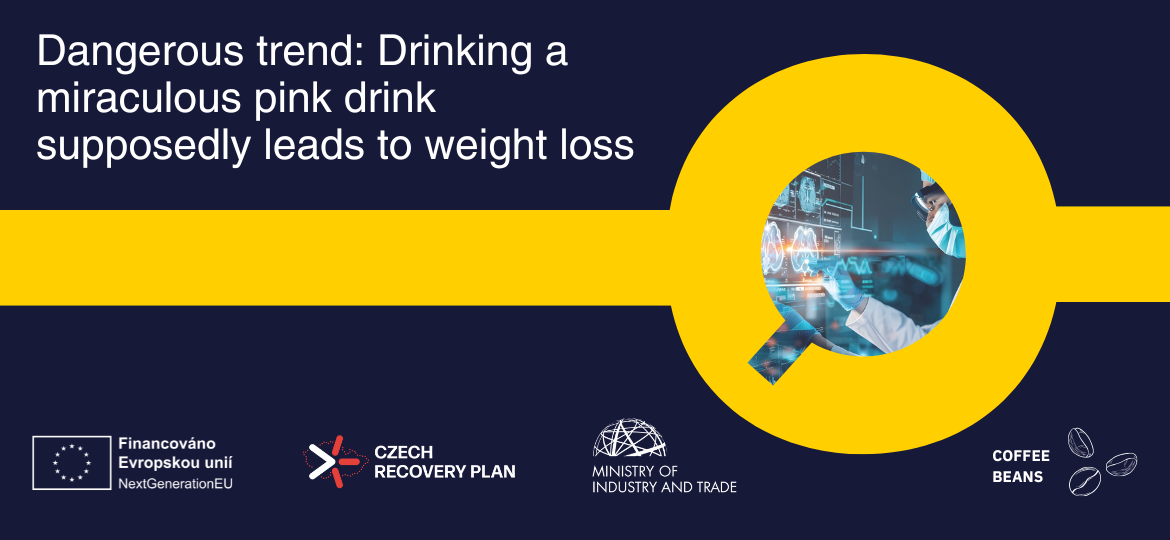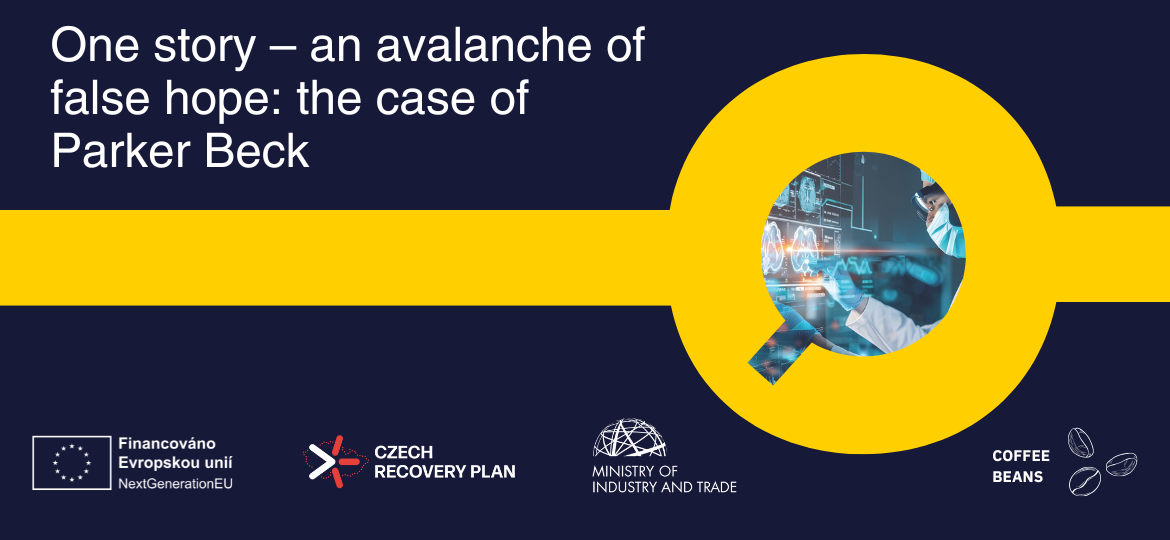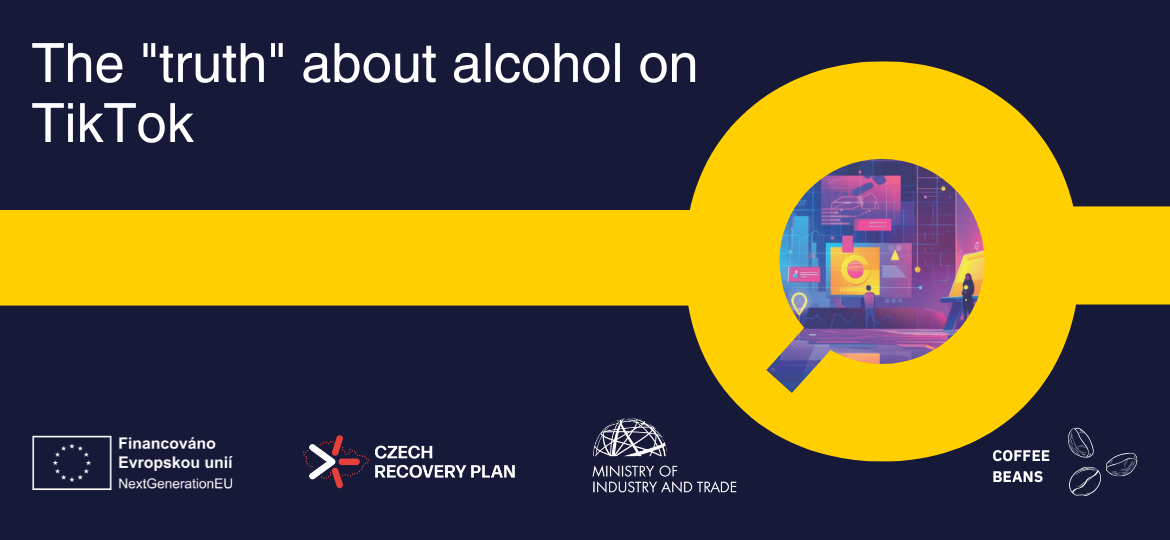About CEDMO
The Central European Digital Media Observatory (CEDMO), as an independent non-partisan multidisciplinary hub, aims to identify, research and prioritise the most critical sources and causes of information disorders in Central Europe (mainly the Czech Republic, Slovakia and Poland). This international consortium was created to propose a set of short and longer-term actions, as well as recommendations to help civil society, public institutions and the private sector respond to the declining trust in key institutions and help society to resist the effect of increasing exposure to mis- and disinformation.
By interacting and coordinating with European Digital Media Observatory (EDMO) and other regional EDMO hubs in EU, CEDMO will contribute to curbing threats posed by information disorders, including disenchantment with the democratic processes, and discord in civil society in Europe, and to building community and nation-wide resilience while protecting information ecosystems.
About CEDMO
The Central European Digital Media Observatory (CEDMO), as an independent non-partisan multidisciplinary hub, aims to identify, research and prioritise the most critical sources and causes of information disorders in Central Europe (mainly the Czech Republic, Slovakia and Poland). This international consortium was created to propose a set of short and longer-term actions, as well as recommendations to help civil society, public institutions and the private sector respond to the declining trust in key institutions and help society to resist the effect of increasing exposure to mis- and disinformation.
Our Partners
About CEDMO
The Central European Digital Media Observatory (CEDMO), as an independent non-partisan multidisciplinary hub, aims to identify, research and prioritise the most critical sources and causes of information disorders in Central Europe (mainly the Czech Republic, Slovakia and Poland). This international consortium was created to propose a set of short and longer-term actions, as well as recommendations to help civil society, public institutions and the private sector respond to the declining trust in key institutions and help society to resist the effect of increasing exposure to mis- and disinformation.
Our Partners
“Zelensky – white substance?” reads a Facebook post shared on April 9.
“Biden all but confirmed that his team is coordinating these Trump indictments to “stop Trump from taking power again,” says an April 3, 2023 tweet sharing a video of the president.
“Awful young looking boy in a dress Mr Former vice President, what were you two doing on that plane??” says a March 15, 2023 tweet sharing a clip viewed more than 560,000 times.
“The boys in Brooklyn could only hope for this level of drip,” a March 25, 2023 tweet says, sharing a picture of what appears to be Pope Francis in the winter coat.
Some ultrarealistic images of news events have already been mistaken for real ones and shared on social media platforms.
“Awful young looking boy in a dress Mr Former vice President, what were you two doing on that plane??” says a March 15, 2023 tweet sharing a clip viewed more than 560,000 times.











